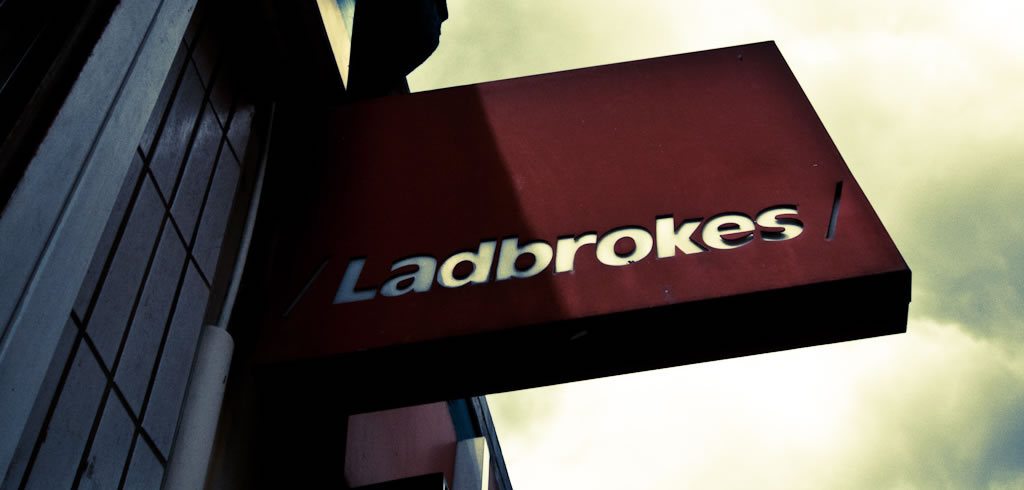Bookmakers have closed hundreds of high street betting shops in the past two years in response to the double threat of online competition and increased taxation.
In 2014, William Hill closed 109 shops and warned that other bookmakers would follow suit after the government announced that it would raise taxes on fixed odds betting terminals from 20 to 25%.
These fixed odds terminals are considered the “crack cocaine” of the betting industry, and have been strongly criticised by anti-gambling campaigners, who claim that by allowing gamblers to bet £100 every 20 seconds the machines are addictive and have fuelled a rise in problem gambling.
This change in the tax regime has also caused Ladbrokes to close its 150 worst performing shops in the last two years after two years of growing its retail estate. By mid-2015 the firm was down to to 2,150 shops.
Alongside these closures on the high street, online gambling continues to be a growth industry and a report from GamblingCompliance Research Services (GCRS) predicts that the net revenue of online gambling will continue to rise to £2.83 billion by the end of 2015, and reach £3.22 billion in 2016.
However, while high street bookmakers may be closing stores, casinos have not faced the same threats to their business. Despite the availability of free gaming options online, the idea of a glamorous casino experiences continues to draw in consumers and the industry remains positive, as shown by the opening of Resorts World in Birmingham last month. Built on the NEC site, the 12-storey, 50,000 sq m complex houses 18 bars and restaurants, 50 outlet shops, a cinema, hotel, spa, and a £150m casino – and is the first of its type in the UK.




